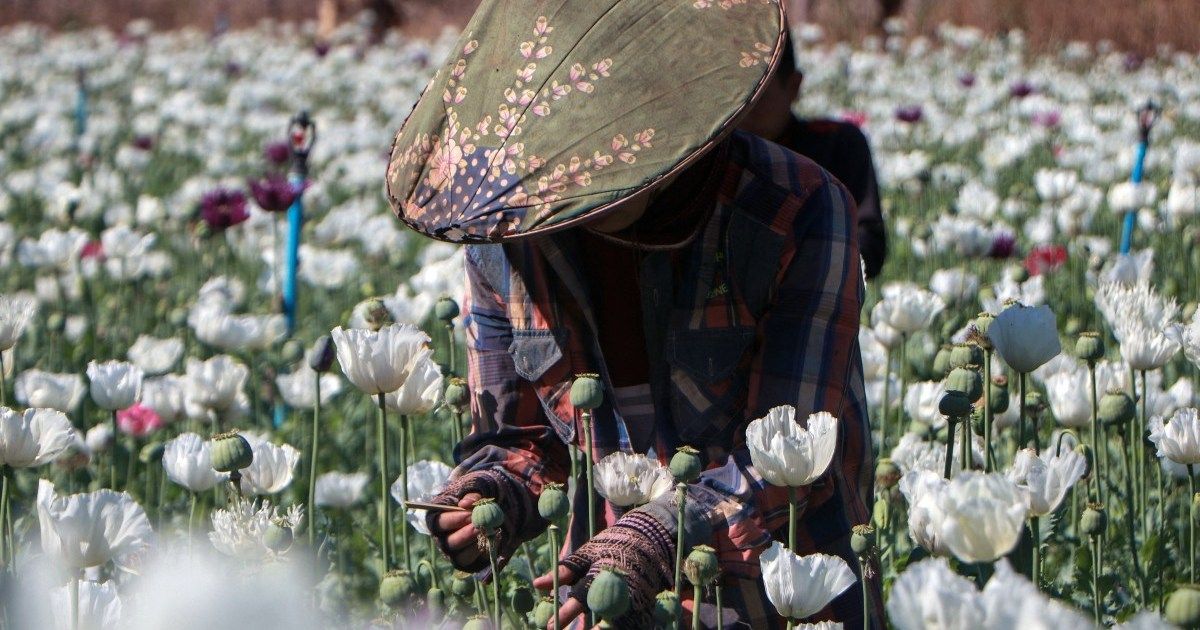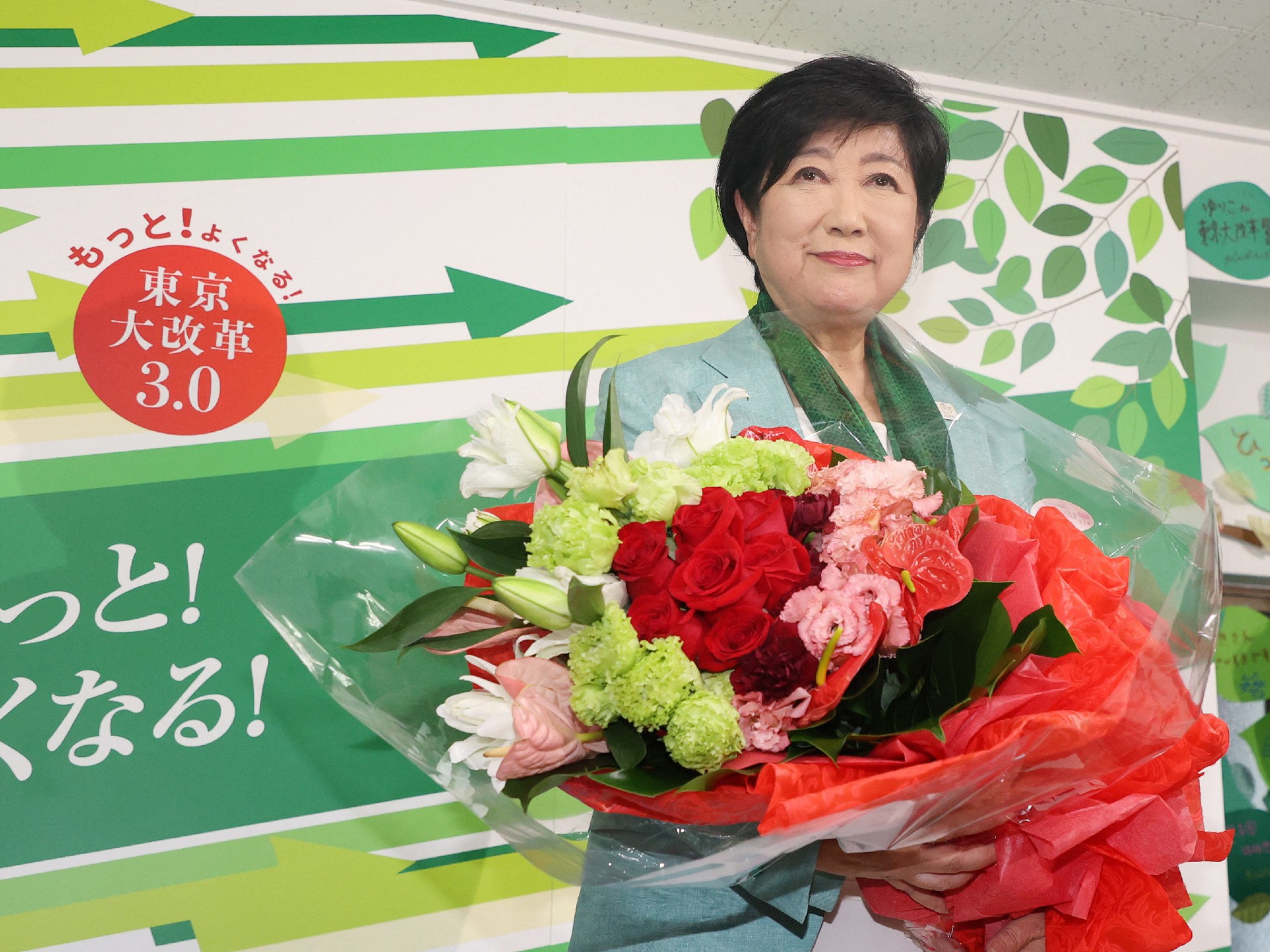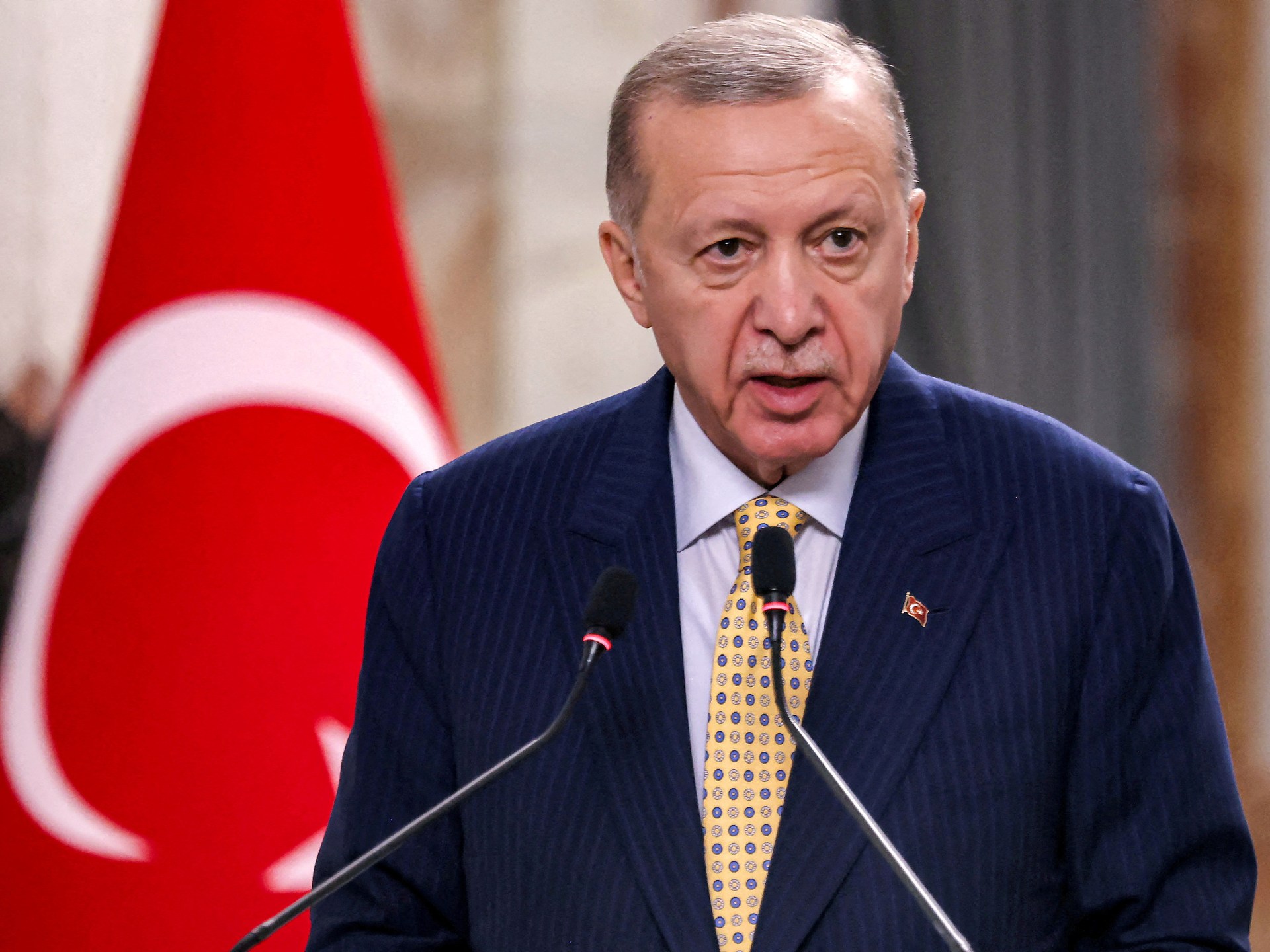In a remote corner of Myanmar, a line of farmers moves through a field of poppies, making small cuts in the greenish-purple pods to release opium resin.
The next morning they will collect the waste that has leaked out overnight and package it into bales of sticky opium, the building blocks for making heroin.
Myanmar became the world's largest opium producer in 2023, according to the United Nations, surpassing Afghanistan after the Taliban government launched an offensive against the crop.
Since Myanmar's military seized power in 2021, sparking social and economic unrest and armed conflict across the country, cash cultivation has become more important for some farmers struggling to survive.
“I planted poppies in recent years, but only a few,” said Aung Moe Oo, speaking from the vast field surrounded by hills on the border of Shan and Karen states.
“This year I planted three acres.”
He expects those three acres (1.2 hectares) to produce about 16 kilograms (35 pounds) of poppy resin this crop, which he hopes to sell for about $4,500.
“Growing poppies is the best way to make a living for our family,” he said, sporting a brown bucket hat and gray striped shirt.
Aye Aye Thein, another farmer in the region, used to grow rice, corn, beans and avocado.
But when fighting between the military and armed groups reached her home, she was forced to abandon her fields.
The conflict since the coup, which ended a rare experiment with democracy in Myanmar, has displaced nearly two million people, according to the UN.
Even before Aye Aye Thein had to leave her home, the fall in the value of the local kyat had made it very expensive to purchase agricultural products such as fertilizers.
“After the political situation changed and there was fighting, we can't grow anything in our own fields,” he said.
Aung Moe Oo agreed.
“If we send our crops to the middleman center, there will be many costs that we will not be able to bear,” he said. “That's why this year we grew poppy flowers instead of corn.”
The raging conflict is disrupting transportation and hampering the export of agricultural products such as rice and corn, the World Bank said late last year.
Meanwhile, poppy cultivation is becoming more sophisticated, the UN says, with increased investment and improved irrigation increasing crop yields.
Myanmar produced about 1,080 metric tons of opium last year, the global drug and crime body's office said, up from an estimated 790 metric tons the year before.
Opium is refined into heroin in factories hidden in the jungles and ravines of Shan State and then smuggled through neighboring countries such as Thailand and onto the global market.












